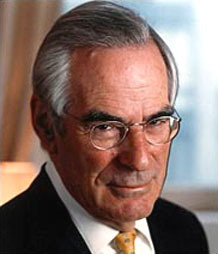With an ever-changing world, drama series on TV and streaming sites are beginning to reflect and embrace such changes, weaving the environment, the land and indigenous people into its storylines.
Scandinavia, which boasts some of Europe’s greenest nations, has recognised and embraced the power of natural resources such as the wind and sun, ensuring a brighter future for their people and businesses. So too have screenwriters and TV production companies responsible for producing Scandi dramas.
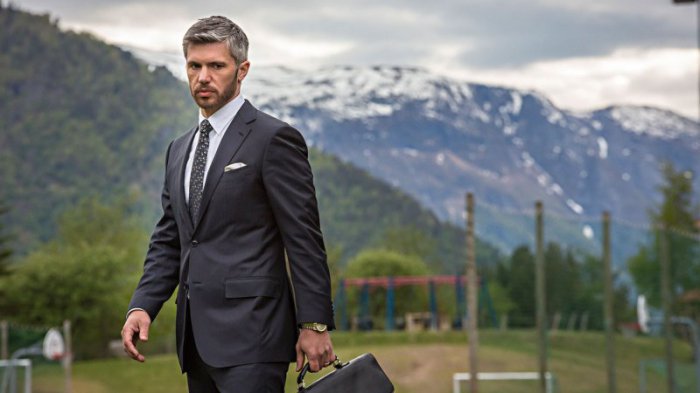
Norway’s most popular crime series, Acquitted, first aired in Norway in 2015, intertwined renewable energy into its plotline. Originally entitled Frikjent, the series centres around businessman Aksel, who returns to his hometown of Lifjord, after 20 years, to save the area’s cornerstone company Solar Tech, a company developing solar cell technology.
Award-winning Danish drama, Norskov, is set in a fictional coastal town which struggles to put an end to its drug culture that has been spiralling out of control for nearly 20 years. The mayor – who enlists the help of his old school friend, a police officer, to return to the town and help fight the war on drugs – is wanting to rebuild the town, including creating a climate-friendly port, with a state-of-the-art high school.
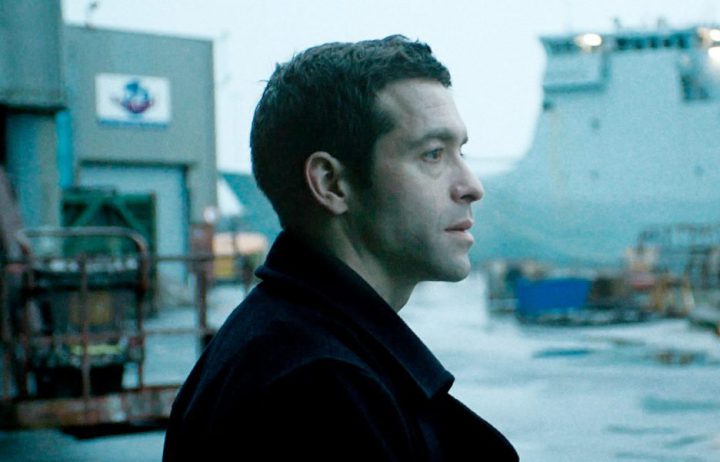
Green issues as such may not be the primary focus in these dramas, but they provide a backdrop for such intriguing plots, providing the viewer with a realistic impression of Scandinavia and environmental factors and their influence in business, politics, policy, industry and general living.
Another series, Tin Star, set in the Canadian Rocky Mountains, also addresses a number of issues affecting the region and Canada overall – namely tar sands oil, First Nation communities and their land and their rights, as well as crime and corruption. In Tin Star, a massive oil company, North Stream Oil, opens a refinery just out of the small town of Little Big Bear, bringing with it a swath of migrant workers, rising crime levels, and pollution.
Starring Tim Roth and Mad Men’s Christina Hendricks, Tin Star follows former London police detective Jim Worth (Tim Roth) as he assumes his new role of police chief in the Canadian Rocky Mountains – where he’s hoping to escape his past for a calmer beat.
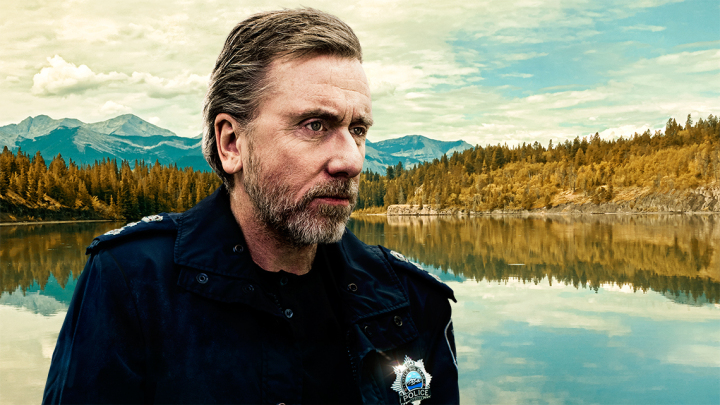
An engaging thriller which delves in to murder, revenge and corruption, what’s particularly standout about Tin Star is its integration of indigenous characters, something that has been remiss in TV. It’s a positive step to see indigenous people in a prime time TV show, from Sky Atlantic. While Tin Star touches on drug addiction, alcoholism and corruption, it provides a real account of some of the issues facing such parts of the world, the land and its people.
An interesting development in the series is the bond forged between Elizabeth Bradshaw (Christina Hendricks), the head of PR for North Stream Oil, and Jaclyn (Michelle Thrush), a First Nation resident of the reservation who has turned to drugs and alcohol having lost her children to crimes of the oil company Mrs Bradshaw works for. Halfway through the series, Mrs Bradshaw claims her “conscience” and forms ties with Jaclyn. A somewhat awkward partnership, which even hints at humour, develops largely due to both characters being mothers.
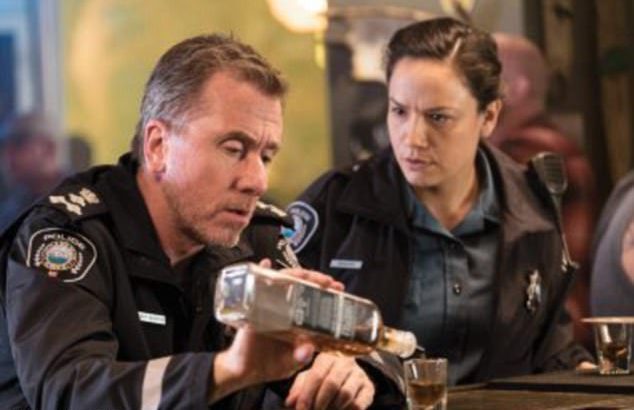
The relationship between Jim Worth (Tim Roth) and his colleague, Constable Denise Minihik (Sarah Podemski), the daughter of a tribal chief, builds into one of trust and respect, in spite of getting off to an awkward start. The constable uses her perception to see the truth about Jim Worth and does not go against her intuition, even when her partner and lover Constable Nick McGillen (Ryan Kennedy) calls her up on it.
As a viewer, it’s a welcome move to be able to see what’s truly happening in the world through entertainments – whether its crime, drama or thriller series. Although fictional, it’s TV series like Tin Star, Acquitted and Norskov that give viewers a real insight of what is really happening in various parts of the world in terms of the planet, the people and the issues affecting their lives, something that the news does not always show in its efforts to provide “accuracy” and “the truth”.
Rosa Medea is Life & Soul Magazine’s Chief. Follow Rosa on Twitter.

Share this:

